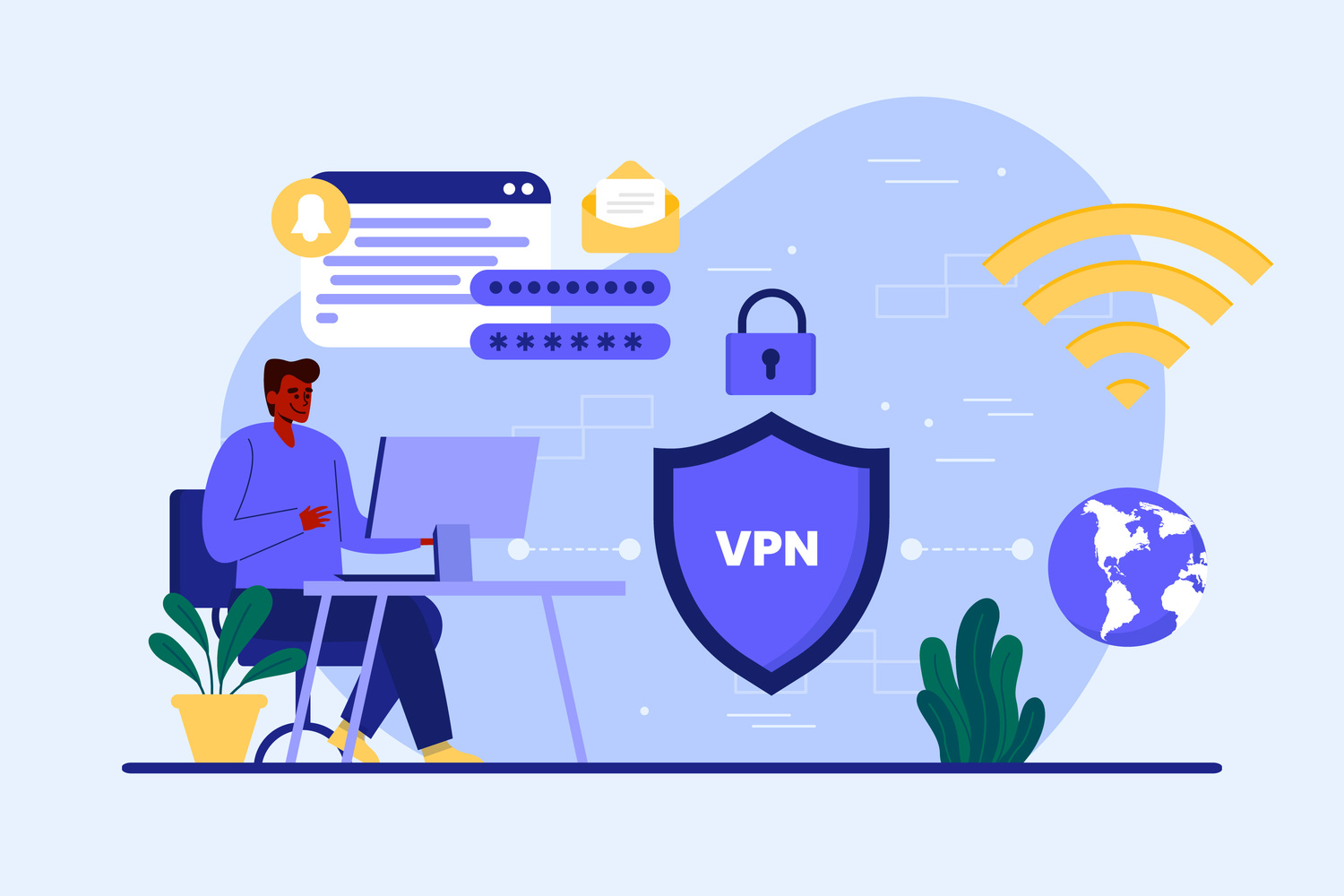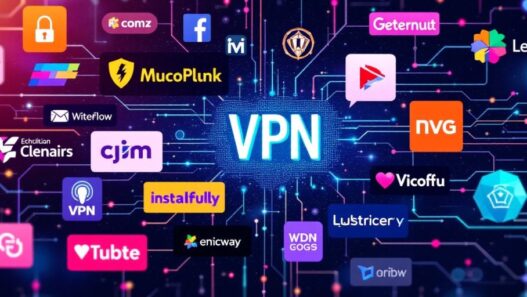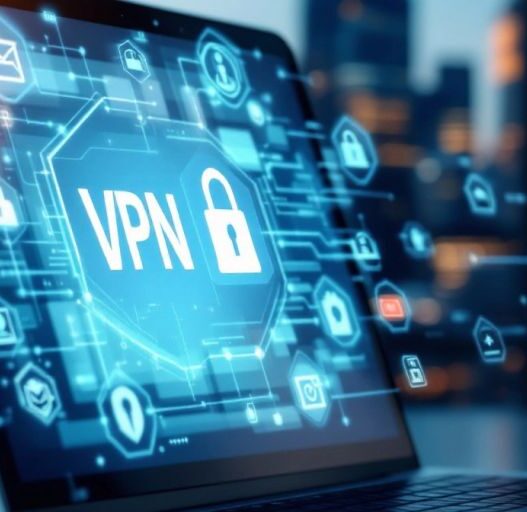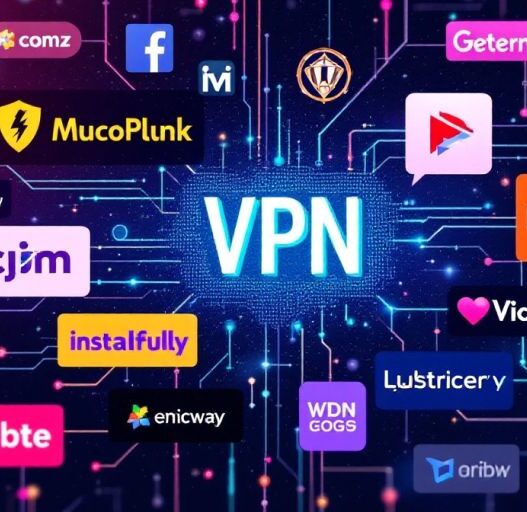Understanding the Recent VPN Security Breaches

Virtual Private Networks (VPNs) are widely used to enhance online security and privacy. They encrypt user data, making it difficult for hackers to intercept sensitive information, especially on public Wi-Fi networks. However, recent VPN security breaches have raised serious concerns about their effectiveness.
Overview of Major Incidents
In the past year, several high-profile VPN providers have experienced significant breaches. These incidents have exposed user data and highlighted the vulnerabilities in VPN systems. For instance, many organizations reported unauthorized access due to weak password protections and outdated software.
Key Vulnerabilities Exploited
The most common VPN vulnerabilities include:
- Brute force attacks: Attackers guess passwords using automated tools.
- Unpatched software: Many VPNs fail to update their systems, leaving them open to exploitation.
- Weak authentication methods: Some VPNs do not enforce strong password policies, making it easier for hackers to gain access.
| Vulnerability Type | Percentage of Incidents |
|---|---|
| Brute Force Attacks | 42% |
| Unpatched Software | 35% |
| Weak Authentication | 30% |
Impact on Users and Organizations
The fallout from these breaches can be severe. Users may face identity theft, while organizations risk losing sensitive data and facing legal repercussions. User data leaks can lead to a loss of trust and financial damage, making it crucial for both individuals and businesses to stay informed and proactive.
“Organizations must prioritize VPN security to protect their data and maintain user trust.”
In conclusion, while VPNs offer essential security features, users must remain vigilant. Choosing a reliable VPN provider and implementing strong security measures can help mitigate risks associated with these recent breaches.
How to Protect Yourself from VPN Security Breaches
VPNs are essential tools for online privacy and security, but they are not immune to breaches. Protecting against breaches is crucial for both individual users and organizations. Here are some effective strategies to enhance your VPN security:
Choosing a Secure VPN Provider
- Look for providers with a strong reputation in the cybersecurity community.
- Ensure they have a clear privacy policy and do not log user activity.
- Check for regular security audits and updates.
Implementing Multi-Factor Authentication
- Require users to provide two or more verification factors to gain access.
- This adds an extra layer of security, making it harder for attackers to breach accounts.
- Encourage users to use unique passwords for their VPN accounts.
Regularly Updating VPN Software
- Keep your VPN software up to date to protect against known vulnerabilities.
- Enable automatic updates if available, or check for updates regularly.
- Patches are essential for fixing security flaws that could be exploited.
Monitoring for Suspicious Activity
- Regularly review VPN access logs for unusual activity.
- Set up alerts for multiple failed login attempts or access from unfamiliar locations.
- Conduct periodic security assessments to identify potential weaknesses.
Staying proactive is key. Regularly updating your VPN and monitoring for suspicious activity can significantly reduce the risk of a breach.
By following these steps, users can better protect themselves from potential VPN security breaches. For those looking for reliable VPN services, consider options like NordVPN, ExpressVPN, or CyberGhost, which are known for their robust security features. Act now to secure your online presence!
Alternatives to Traditional VPNs

In recent years, the security of Virtual Private Networks (VPNs) has come under scrutiny due to various breaches. As a result, many users and organizations are exploring alternatives that offer better security and performance. Secure VPN providers have been a popular choice, but the landscape is changing.
Introduction to Zero Trust Architecture
Zero Trust Architecture (ZTA) is a modern approach to security that assumes no user or device is trustworthy by default. This model requires continuous verification of every user and device trying to access resources. By implementing ZTA, organizations can significantly reduce their attack surface and enhance security.
Benefits of Secure Access Service Edge (SASE)
Secure Access Service Edge (SASE) combines networking and security into a single cloud-based service. Here are some key benefits:
- Improved Security: SASE provides built-in security features, reducing the need for multiple security solutions.
- Better Performance: By routing traffic through the cloud, SASE can optimize performance and reduce latency.
- Scalability: Organizations can easily scale their security measures as they grow, without the need for extensive hardware.
Comparing VPNs and SASE Solutions
| Feature | VPNs | SASE |
|---|---|---|
| Security | Moderate | High |
| Performance | Variable | Consistent |
| Scalability | Limited | Highly Scalable |
| User Experience | Often Complex | Streamlined |
In conclusion, as VPN vulnerabilities become more apparent, it is crucial for users and organizations to consider alternatives like Zero Trust Architecture and SASE. These solutions not only enhance security but also improve user experience. Act now to protect your data and explore these innovative options!
Responding to a VPN Security Breach
When a VPN security breach occurs, it’s crucial to act swiftly and effectively. VPNs are designed to protect users’ data and privacy, but vulnerabilities can expose sensitive information. Here’s how to respond to a breach:
Immediate Steps to Take
- Act Quickly: Time is of the essence. The longer a vulnerability exists, the greater the risk of an attack. Identify which connections are exposed and prioritize fixing them.
- Disconnect affected VPN connections to minimize risk while you assess the situation.
- Gather all VPN access logs to understand the extent of the breach.
Deploying Patches and Updates
- Check if your VPN provider has released a patch for the vulnerability. If so, deploy it immediately to both servers and user devices.
- Regularly update your VPN software to ensure you have the latest security features.
- If no official patch is available, consider disconnecting the VPN until a fix is developed.
Initiating Incident Response
- Start your incident response plan as soon as possible. This includes isolating any potentially infected systems.
- Use monitoring tools to detect any signs of intrusion.
- If needed, consult with cybersecurity experts to assist in the investigation.
Informing Users and Stakeholders
- Transparency is key. Inform users about the breach and the steps being taken to resolve it. This helps maintain trust and ensures users are aware of any changes, such as the implementation of multi-factor authentication (MFA).
- Provide ongoing security training to help users understand their role in maintaining security.
In times of crisis, clear communication can prevent panic and foster a culture of security awareness.
By following these steps, organizations can effectively respond to VPN security breaches and protect their data and users.
Conclusion
In light of the recent VPN security breaches, it is crucial for users to take immediate action. Many VPN services have faced serious vulnerabilities, putting sensitive information at risk. Users must stay informed about these threats and consider switching to more secure options. Implementing multi-factor authentication (MFA) can add an extra layer of protection. Additionally, organizations should prioritize regular updates and patches to their VPN systems. The time to act is now; don’t wait for a breach to happen before taking steps to secure your online presence.
Frequently Asked Questions
What are VPN security breaches?
VPN security breaches happen when hackers find ways to access and steal information from VPN services. This can put users’ personal data at risk.
How can I tell if my VPN is safe?
To check if your VPN is safe, look for reviews from trusted sources, ensure it uses strong encryption, and see if they have a good history of security.
What should I do if my VPN provider has a security issue?
If your VPN provider has a security issue, change your passwords immediately, watch for unusual activity on your accounts, and consider switching to a more secure VPN.




















